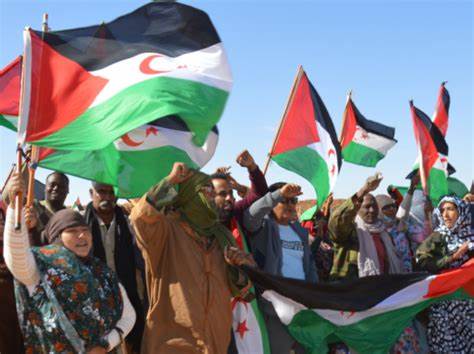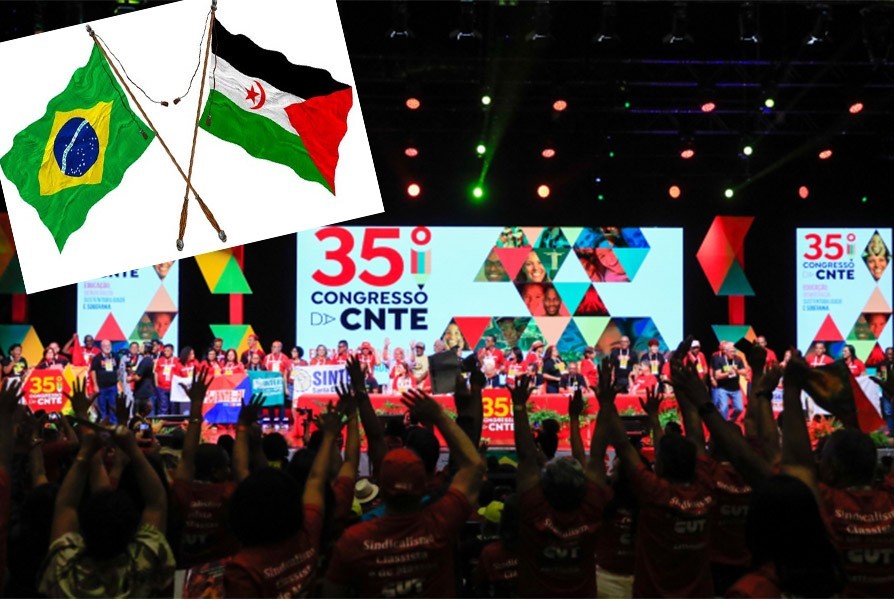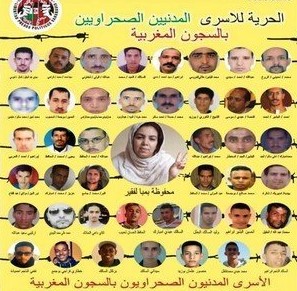
Occupied Dakhla (Sahrawi Republic) 29 July 2025 (SPS) – British-American filmmaker Christopher Nolan is drawing fire from international and Sahrawi organizations for shooting scenes of his new film, "The Odyssey," in Dakhla, Occupied Western Sahara. Major international media outlets are amplifying Sahrawi and international condemnation of what is being viewed as a new form of support for the occupation and a violation of international law.
The secretariat coordinating "Fi-Sahara," the international film festival held in Sahrawi refugee camps in southwestern Algeria, strongly denounced the choice of occupied Dakhla as a filming location. The organization views this decision as contributing to the "normalization of the Moroccan occupation," granting undue and illegitimate implicit legitimacy to the occupying power's control over a territory that has yet to complete its decolonization process under United Nations supervision.
“Fi-Sahara” issued an urgent plea to Nolan and his team, including film stars Matt Damon and Zendaya, to “stop filming in Dakhla and stand in solidarity with the indigenous Sahrawis who have been under military occupation for 50 years, and who are routinely jailed and tortured for their peaceful struggle for self-determination”.
In July, the film crew, including Hollywood stars such as Matt Damon and Zendaya, reportedly filmed scenes in areas near Dakhla. The film, an adaptation of the Greek epic "The Odyssey," boasts a budget of approximately $250 million and is slated for release in July 2026.
According to a Bloomberg report, the film is Nolan's largest cinematic project to date, with filming locations spanning multiple countries, including Greece, Italy, and Morocco. The report highlighted that shooting scenes in Dakhla underscores political and legal complexities that extend beyond the artistic dimension of the work.
International organizations have pointed out that Moroccan authorities have, for years, denied entry to international monitoring missions, including the UN High Commissioner for Human Rights, into the occupied Sahrawi territories. Furthermore, organizations such as Amnesty International, Reporters Without Borders, Front Line Defenders, and Human Rights Watch have documented systematic repressive practices, including arbitrary arrest, torture, and severe censorship of Sahrawi journalists and activists.
"Fi-Sahara" asserted that any artistic production filmed in occupied territories without consulting the Sahrawi people or respecting international legal status constitutes indirect involvement in legitimizing the occupation. The organization called on the film crew to cease filming in Western Sahara and to adhere to the principles of international law and relevant United Nations resolutions.
This international and Sahrawi condemnation has received significant media coverage from British newspapers and international outlets, including The Times, The Guardian, Forbes, The Telegraph, Bloomberg, and Middle East Eye. Additionally, international and Sahrawi activists have taken to social media to criticize this unjustified alignment, whether conscious or unwitting, by a director and artists of Nolan's stature with the occupation.
Activists and observers have also highlighted the serious implications of Morocco's exploitation of such cultural activities to normalize the occupation, noting that the Moroccan Minister of Culture may have visited the filming locations. This further exposes the occupying regime's deliberate attempts to implicate artists and directors of Nolan's caliber in violating the Sahrawi people's right to freedom and sovereignty over their land, resources, and homeland.
Western Sahara remains a territory undergoing a decolonization process under UN supervision. The Polisario Front, the legitimate representative of the Sahrawi people, continues to demand a self-determination referendum in accordance with UN General Assembly resolutions, in line with international law and the requirements for decolonization and the liberation of peoples from foreign occupation. (SPS)
090/500/60 (SPS)



